
Combat Winter Dryness: Top Primers for Smooth Makeup Application
Introduction
Winter air can make skin dry, flaky, and prone to dullness, which often leads to patchy and uneven makeup. Makeup primer and face primer for dry skin, after applying makeup directly on dehydrated skin exaggerates fine lines, dry patches, and uneven texture. Primers bridge the gap between skincare and makeup, helping to hydrate, smooth, and prepare the skin. For those dealing with dryness, the right primer can transform how your makeup looks and feels throughout the day.
Why Primers Are a Winter Essential?
Primers are more than an optional step during winter. Cold weather strips the skin of its natural oils, leaving it dry and rough. A good primer works to seal in moisture, create a smooth base, and extend the longevity of makeup, even in harsh conditions. For anyone struggling with dryness, a well-formulated primer can make makeup more comfortable and natural-looking.
Choosing the best face primer for winter requires considering your skin type and its unique needs during colder months. Winter often brings dryness, emphasizing fine lines, dry patches, and uneven texture. To combat these challenges, using a hydrating primer with ingredients like hyaluronic acid and glycerin is essential. These components attract and retain moisture, keeping your skin plump and hydrated throughout the day.
For those with combination or oily skin, primers for oily skin that balance hydration while controlling excess oil can be a game-changer. A silicone-based primer is ideal for creating a smooth base, as it fills in fine lines and blurs imperfections. On the other hand, a water-based primer is lighter and works well for individuals prone to clogged pores or looking for a more breathable option.
The right primer not only enhances your makeup application but also acts as a protective layer, preventing your foundation from settling into dry patches or emphasizing dark spots. Whether you prefer a dewy finish or a matte finish, primers tailored to your needs can ensure a flawless look while supporting your overall skin care routine.
Incorporating a primer into your makeup routine simplifies the process of creating a smooth canvas, helping your makeup last longer and look more natural. A primer designed for winter should address common issues like uneven texture, dark spots, and dry patches while complementing your choice of makeup products. Investing in high-quality beauty products that prioritize skin health makes all the difference in achieving a radiant, healthy glow during the colder months.
What to Look for in a Primer?
Skin-friendly ingredients play a key role in choosing a primer that works well in colder weather.
- Hyaluronic Acid and Glycerin: Attract moisture to the skin and maintain hydration throughout the day.
- Silicone-Based Formulas: Provide a smooth texture by filling in lines and creating a flawless finish.
- Water-Based Options: Lightweight alternatives that hydrate without adding greasiness.
Top Primers for Dry Skin in Winter
1. Over Dew Primer
- Offers a lightweight formula that hydrates deeply, making it ideal for combating dryness.
- Adds a natural glow for a fresh, dewy finish.
2. Calm On Hydrating Gel Primer
- Soothes irritation caused by cold weather while providing intense hydration.
- Works perfectly for sensitive or easily irritated skin.
3. Get Even Primer
- Targets uneven texture and dark spots, creating a uniform base for makeup.
- Acts as both a primer and a skincare product, offering long-term skin benefits.
4. Matte Up Balancing Primer
- Balances oily areas while keeping dry patches moisturized.
- Ideal for combination skin types needing a balance between hydration and oil control.
How to Use a Primer for Winter Makeup?
Using a primer properly ensures that your makeup lasts longer and looks smooth.
- Start with a hydrating moisturizer to keep the skin supple.
- Apply a pea-sized amount of primer evenly across the face, focusing on areas prone to dryness.
- Let the primer set for 1-2 minutes before applying foundation or other makeup products.
Tips for Choosing the Right Primer
Different skin concerns require different types of primers, especially in winter.
- For very dry skin, hydrating primers like Over Dew Primer or Calm On Hydrating Gel Primer work best.
- Combination skin benefits from balancing primers like Matte Up Balancing Primer to address both oily and dry zones.
- Uneven skin tone or dark spots can be minimized using a primer like Get Even Primer, which also acts as skincare.
- Those dealing with fine lines should opt for silicone-based primers with hyaluronic acid for a plumping effect.
Winter Skincare Practices for Primer Lovers
Proper skin preparation is just as important as the primer itself. Hydrate regularly by drinking water and using a rich moisturizer. Use primers that include SPF, as sun protection is still necessary in winter. Avoid over-exfoliating, as it can aggravate dryness and sensitivity.
Conclusion
Winter skin care and makeup don’t have to feel like a battle. The right primer can provide hydration, smooth texture, and extend the longevity of your makeup. Skin-safe, vegan primers like those from Type Beauty Inc. are designed with winter-specific needs in mind.
FAQs
1. Which primer is best for dry skin in winter?Hydrating primers like Over Dew Primer and Calm On Hydrating Gel Primer are excellent for winter. They hydrate the skin and create a smooth base for makeup.
2. Can primer be used during winter?Yes, primers are essential in winter to keep makeup smooth and long-lasting. They prevent dryness from interfering with your makeup application.
3. How long does primer take to set?Primers are usually set within 1-2 minutes. Waiting before applying makeup ensures a smooth and even finish.
4. Is primer helpful for cold weather?Primers protect your skin from drying out and help your makeup stay flawless despite the challenges of cold weather.
5. What kind of primer works best for combination skin in winter?Balancing primers like Matte Up Balancing Primer work well, addressing both dry and oily areas while keeping the skin smooth.
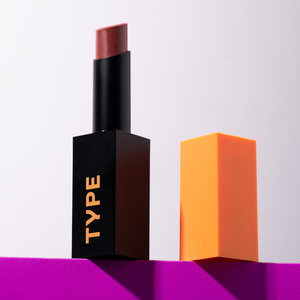
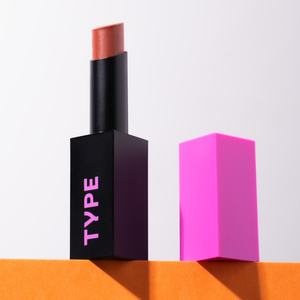
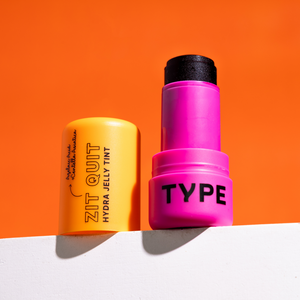
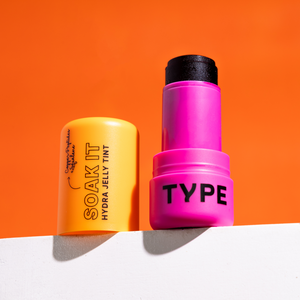
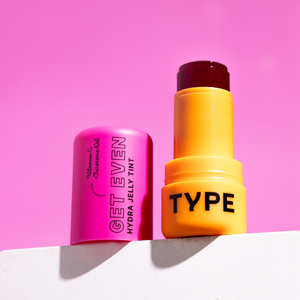

Comments (0)
There are no comments for this article. Be the first one to leave a message!